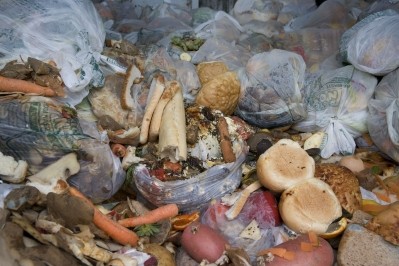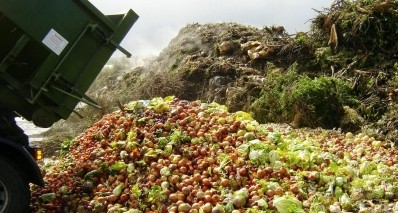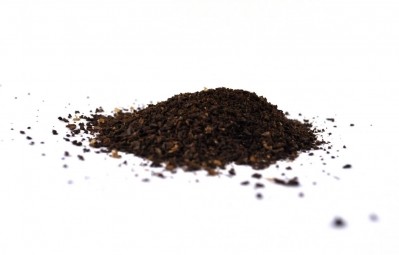Improve haulage regulations to cut food waste, says Massar

Insufficient regulation and a lack of an enforcement regime for cold chain transporters means the UAE’s supply chain industry contributes to high levels of food waste, suggested Brent Melvin, general manager of supply chain solutions at Massar. He said standards across the industry were highly variable, with a large number of unreliable transporters operating.
“Across the GCC, the cold chain is unfortunately very unstable, so there is no surety or guarantee your cold chain will be intact from point A to point B – so much so that pharmaceutical companies in the region don’t use road transport to move pharmaceuticals, unless they’re using their own trucks where they have a control,” said Melvin.
System of faith
He said the current system of permits is not consistently regulated or policed: “It relies on the retailer or wholesaler’s warehouse to control the transport on arrival, and it arrives on the seller of the goods to choose the right transporter. And there’s an element of faith – to which we’re saying no, you can’t rely on good faith, you can’t rely on trust, because it’s a bit bigger and bolder and more serious than that.”
Other countries in the region, such as Jordan, have much more stringent regulations, said Melvin. Any temperature-controlled shipments arriving at the Jordanian border must carry temperature-monitoring devices within the cargo – these are checked at the border, and if they show the temperature has exceeded the required threshold, authorities will reject the whole shipment.
According to Melvin, many transporters in the UAE use end-of-life reefer trucks from Europe, which are designed to cope with temperatures up to around 30C, rather than the 50C maximum in the Gulf summer. But with the vehicle certification system open to abuse, and without any spot checks or monitoring in place, the integrity of the cold chain is at risk.
In contrast Massar, along with some other operators, uses equipment designed to cope with the steep temperature gradients seen in the region, along with remote monitoring systems which provide alerts if temperatures rise. The firm has recently acquired new Gorica reefer trailers, as part of a modernisation programme.
Lobbying programme
Massar is also working on a lobbying initiative, aiming to bring together transporters, equipment manufacturers, food producers and retailers in working groups. The aim will be to push government departments and municipalities across the UAE to draft new regulations and enforcement regimes.
“The municipalities do have a fairly good drive to improve – we see a lot of activity with the Roads and Transport Authority in Dubai currently, where they’re trying to improve the general transport sector. We’re coming to them and saying that’s great, we appreciate you’re looking at the transport sector – but, within the sector are also multiple types of transport, whether it’s heavy goods haulage, hazardous cargo, perishable cargo, and each of those should have an individual focus,” said Melvin.
But if potential new regulations also involve training requirements, as is the case in Europe, then getting them agreed upon and adopted will be even more of a challenge, according to Melvin.
“It’s not just the department of transport, you’re bringing in the knowledge industry as well, so the various qualifications bodies, need to get behind this. It’s not as simple as the DoT saying ‘every driver needs to have a qualification’. And that’s what makes it difficult – decision-making in a federal environment requires seven emirates to put their heads together to come up with one unified approach,” he explained.














